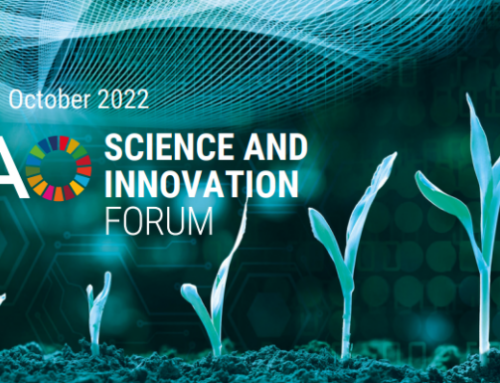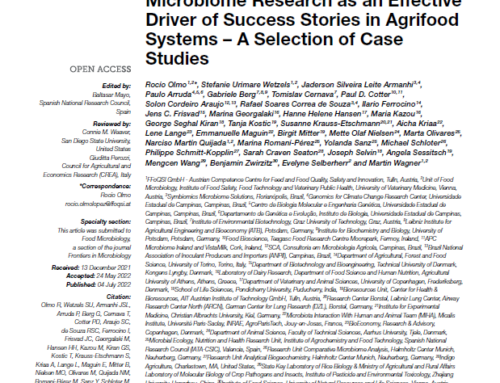International microbiome experts are calling for action to foster microbiome research!
Our knowledge about microbiomes is increasing globally, and also in Europe enormous efforts and resources have been invested in understanding and managing the microbiome for the benefit of society. These gains in knowledge reveal that microbiomes may hold the answer to many societal challenges. Innovative microbiome applications offer a tremendous opportunity to develop sustainable high-value alternatives to conventional approaches in health and food system management and could support us in paving the way to a modern circular economy.
But despite the advances in microbiome knowledge and the increasing attention it has captured in national and international media, awareness and support for this promising field are still to be enhanced. Microbiome researchers are therefore asking for the engagement of decision makers in governments, parliaments and funding institutions.
To this end, MicrobiomeSupport project partners have collaborated on a call-for-action paper that maps current challenges and opportunities and suggests improvements. It appeals above all to political decision makers to improve regulations and invest in necessary infrastructure.
The Challenges
Recommendations
Overall, acting on the above-mentioned points would pay off in a variety of manners, but above all result in better health and well-being, nutritious food, clean and sustainable environments.
Fancy reading the entire article? Find the full policy paper here:





